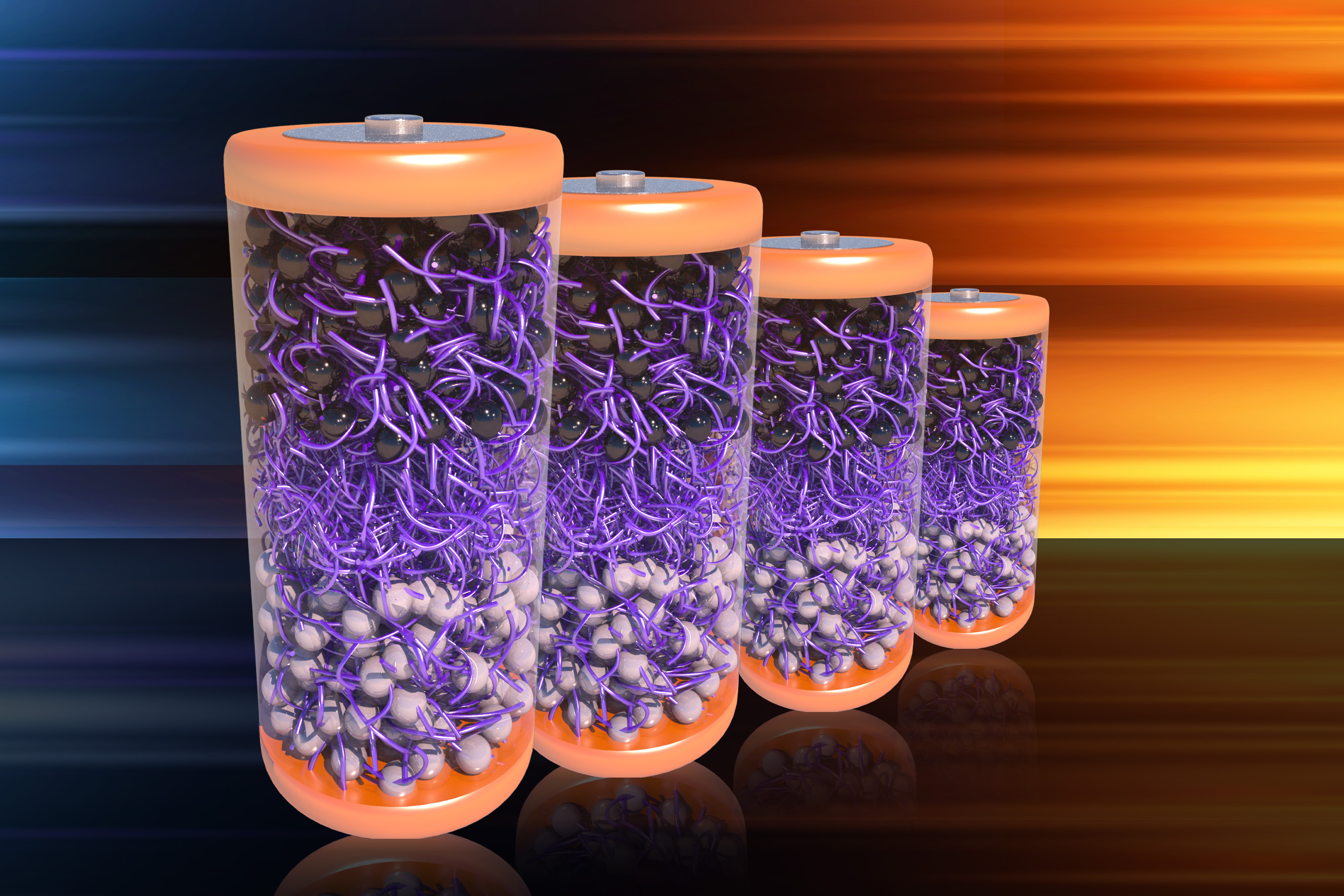MIT researchers have developed a self-assembling battery material that rapidly disintegrates when exposed to organic solvents, potentially transforming electric vehicle battery recycling and addressing the growing challenge of electronic waste from the expanding EV market.
The breakthrough, published Tuesday in Nature Chemistry, introduces an electrolyte material composed of aramid amphiphiles that self-assemble into mechanically stable nanoribbons when exposed to water, yet completely dissolve within minutes when immersed in organic liquids. This allows entire battery packs to fall apart naturally, enabling separate recycling of individual components without the harsh chemicals and high temperatures typically required.
“So far in the battery industry, we’ve focused on high-performing materials and designs, and only later tried to figure out how to recycle batteries made with complex structures and hard-to-recycle materials,” said lead author Yukio Cho, a recent MIT PhD graduate now at Stanford University. “Our approach is to start with easily recyclable materials and figure out how to make them battery-compatible.”



Yes, progress in the manufacturing and refining of Lithium Ion batteries.
This is not that. This is a research lab trying a new idea that will go nowhere and then issuing a press release that talks about the positives and ignores the showstopping negatives.
My brother in Christ, have you heard about our lord and saviour the Scientific Method and the proliferation of cross-domain ideas? How do you imagine the li-ion batteries came about as the go-to energy storage solution? Incremental improvements of ideas would be my guess, ideas have to start somewhere and of course they’re going to be hyperbolic since researchers are both excited and have to draw attention to their ideas.
I sympathise with your point but the alternative is little to no research into different battery technologies because close to nothing will ever emerge as a competitive day-one drop-in replacement, but some ideas may prove exciting to others who understand the value and they might push the ball further towards realistic alternatives.
I don’t fault researchers for publishing novel research that might not go anywhere. I explicitly understand the scientific value in doing so.
I do not think it’s valuable to breathlessly regurgitate those claims to the broader pop-sci public though. A) It’s boring to read the same overhyped battery press release every single week. And B) it shakes people’s faith in science, in the same way that people’s faith in medicine has been shaken by bad reporting on every study that says X could give you cancer or make you live longer.